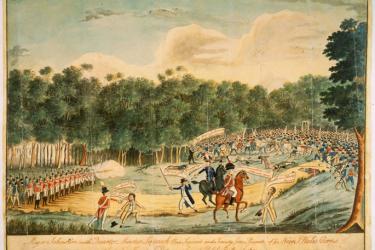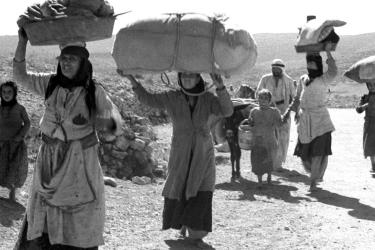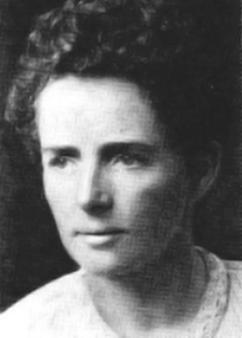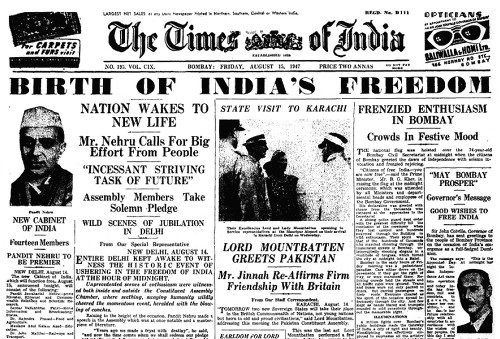history

‘Death or Liberty’: Australia’s Battle of Vinegar Hill at 220
Duroyan Fertl — Australia’s Battle of Vinegar Hill shook the colony to its core: a reaction that can only be understood in the context of the years immediately preceding it, both in Sydney, and in Ireland.

The political and legal underpinnings of the Palestine-Israel conflict
Rohini Hensman — On October 7, Hamas committed a war crime when in its attack on Israel, hundreds of civilians were killed, but since 1948 the scale of the crimes against the Palestinians repeatedly committed by Israel are many times larger. What can ensure peace in Palestine?

Germany 1923: Crucible of world revolution
First published at Spectre.
The critical communism of Antonio Labriola

Walter Benjamin, Louis-Auguste Blanqui and the apocalypse

1916: Use workers’ power to end the war

Karl Liebknecht 1916: ‘Down with the war; down with the government!’





